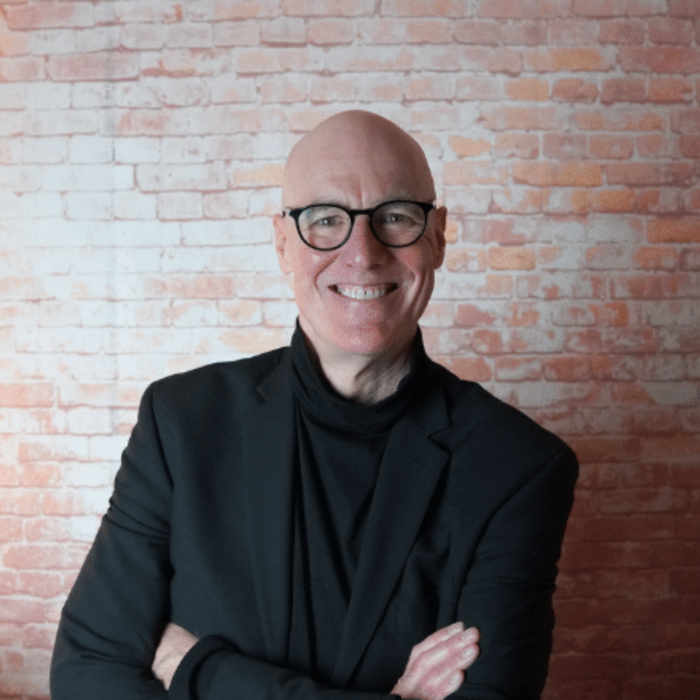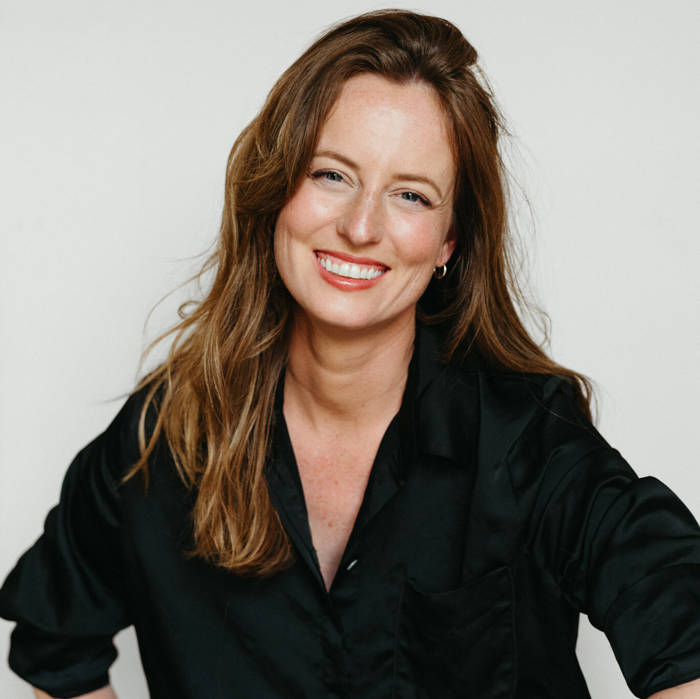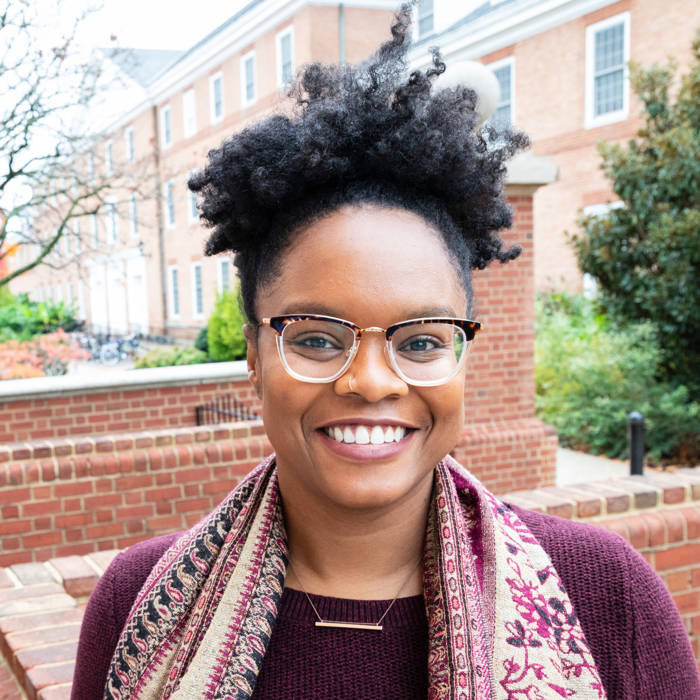The Diaphragm in Voice: A Touch-Based Approach
Thursday 6th July 2023, 5:00 PM - 7:00 PM (London Time)
The importance of the diaphragm as an integral component of voice production is frequently discussed.
In this short, 2-hour course, we will look at options that the voice coach and other professionals can leverage to increase awareness and efficiency of that region. We will review the evidence for the effectiveness of manual therapy with issues relating to the diaphragm region, including breathing, GERD, and performance/pain.
As many do not include touch-based interventions in their approach, we will explore options through client-applied methods. When discussing diaphragm-related interventions, health professionals often infer that they can isolate and selectively impact the diaphragm for treatment (through strengthening or manual therapy). Within this class, we will challenge this notion as we can only access the whole person.
Short of accessing the diaphragm with a scalpel, one cannot narrow the scope of any activity to be diaphragm-specific. In this class, I'll discuss the rationale for such an oppositional viewpoint and then explore intervention strategies for improving awareness, flexibility, and functional abilities (strength).
Walt Fritz
Walt Fritz, PT, has evolved traditionally taught tissue-based approaches into a unique interpretation of manual therapy. This approach advances views of causation and impact from historical tissue-specific models into a multifactorial narrative, leaning heavily on biopsychosocial influences.

Attend this course for as little as £22 as part of the Voice Professional Training CPD Award Scheme.
Learn MoreSorry, this is an archived short course...
We have plenty of upcoming short courses coming soon. See details of some of them below or look at the full list of short courses.

Tuesday 22nd July 2025
5:00 PM - 7:00 PM
Tuesday 29th July 2025
5:00 PM - 7:00 PM
Tuesday 5th August 2025
5:00 PM - 7:00 PM
Tuesday 12th August 2025
5:00 PM - 7:00 PM
Tuesday 19th August 2025
5:00 PM - 7:00 PM
Tuesday 26th August 2025
5:00 PM - 7:00 PM
(London Time)
Certificated Public Speaking Coach qualification - with John Henny

John Henny
Would you like to be a certified public speaking coach? Join the renowned John Henny for this exciting new online course! This six-week online certification course is designed to equip voice teachers with the specialised skills needed to work with public speakers, corporate trainers, educators, and presenters. Unlike a general public speaking course, this program is specifically tailored to train-the-trainer, giving voice professionals structured methodologies, coaching techniques, and applied skills to enhance vocal delivery, confidence, and influence in professional speakers.

Thursday 24th July 2025
5:00 PM - 6:00 PM
(London Time)
Transitioning From Soprano To Mezzo-Soprano - Pedagogical Approaches!

Dr Caitlin Moore
This workshop will explore the considerations for transitioning from soprano to mezzo-soprano. We will examine the history and vocal science related to voice classification as well as interviews with singers and voice teachers. Interviews feature singers who have experienced this Fach change themselves, as well as voice teachers who have helped singers navigate this shift.


Tuesday 29th July 2025
5:00 PM - 7:00 PM
(London Time)
Towards a Jazz Pedagogy: Lessons from Legends and Educators!

Dr Autumn Griffin
Join Dr Autumn Griffin as she explores the foundational tenets of jazz pedagogy as both a conceptual and practical framework for teaching, in this two-hour workshop. Drawing from her research in “Towards a Jazz Pedagogy: Learning with and from Jazz Greats and Great Educators,” she’ll investigate how jazz (its historical and cultural legacy, structure, improvisation, and relationality) can be mobilized to inform dynamic, liberatory educational practice!
